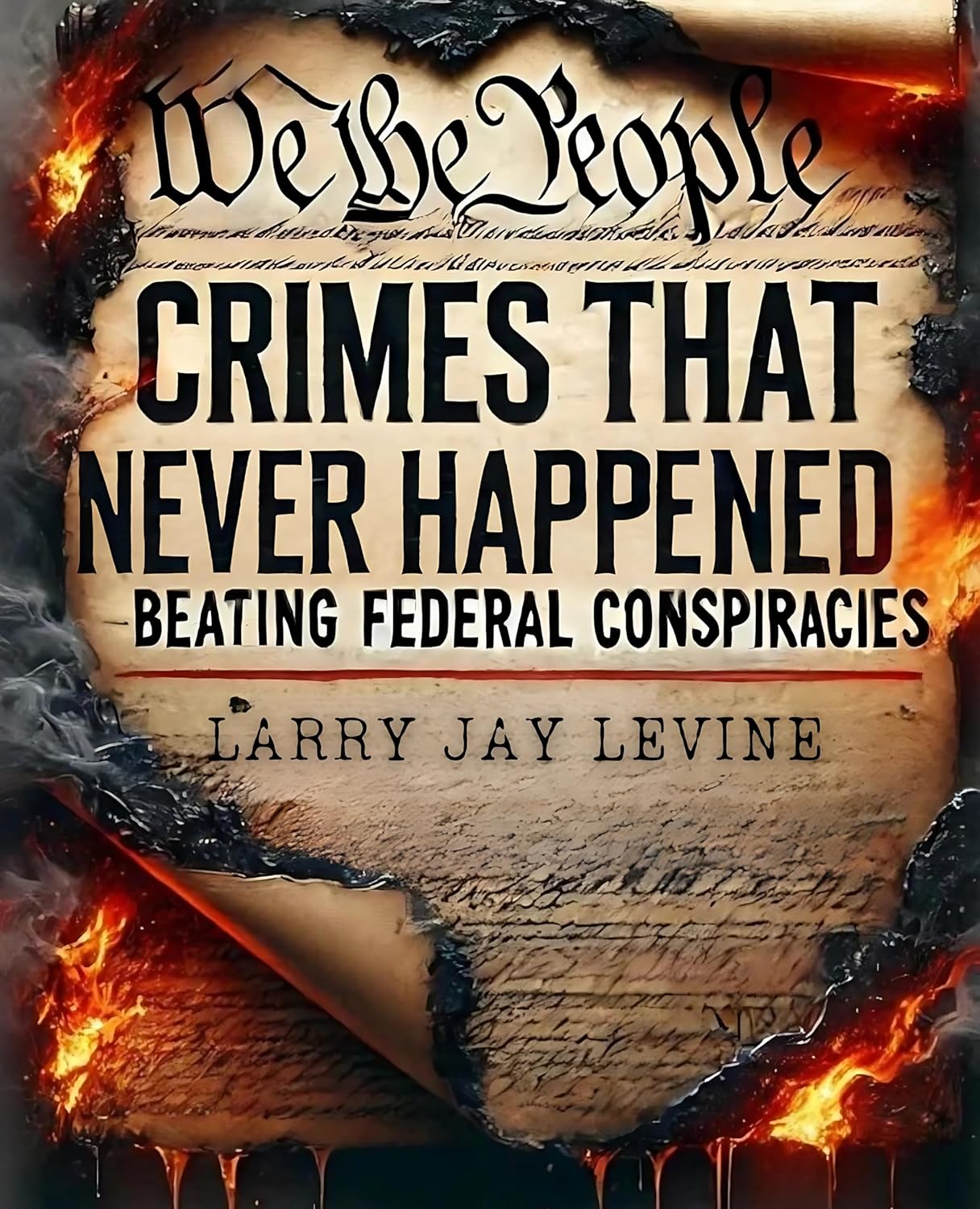How White Collar Advisory Helps
That’s where White Collar Advisory Group comes in. We prepare criminal defendants in dealing with the federal court system and while attorneys focuses on courtroom strategy, we focus on protecting your future by preparing you for the realities of federal prosecution and prison life.
Our services go beyond legal defense—we focus on what comes next:
- Sentencing Preparation: Learn how to present yourself effectively to mitigate sentencing outcomes, including strategies for the Presentence Investigation Report (PSR).
- Prison Consulting: Guidance on navigating the federal prison system, from security classifications to daily survival strategies.
- Sentence Reduction Strategies: Advice on qualifying for programs like RDAP, compassionate release, and sentence mitigation tactics.
- Post-Conviction Support: Assistance with halfway house placement, supervised release, and reentry strategies after prison.
We’ve helped countless clients navigate the federal system, and we’re ready to help you.
Contact Us Now
📧 Email: help@whitecollaradvisorygroup.com
📞 Phone: 480-745-2000`
Self Help Books by Larry Levine
 |
 |
Federal Indictments and Informations
Hey there, let’s talk about two ways the feds can come after you for a white collar crime: federal indictments and federal informations. Both serve to officially notify you of the charges and kickstart the criminal proceedings, but they have different procedures and uses. Let’s break it down.
What is a Federal Indictment?
Definition: An indictment is a formal charge for a serious crime, issued by a grand jury.
The Grand Jury Process
- Grand Jury Composition: A grand jury typically consists of 16 to 23 citizens who review evidence presented by federal prosecutors.
- Proceedings: These are conducted in secret. The grand jury determines if there’s probable cause to believe a crime has been committed.
- Evidence Presentation: Prosecutors lay out the evidence, including witness testimony and documents. The defense doesn’t get a say here.
- Indictment Issuance: If the grand jury finds probable cause, they return a “true bill,” and an indictment is issued. If not, it’s a “no bill,” and no charges are filed.
Purpose and Usage
- Serious Offenses: Indictments are typically used for serious felony charges, including complex and high-profile fraud cases.
- Constitutional Requirement: The Fifth Amendment requires federal felony charges to be brought by indictment unless the defendant waives this right.
Example: Securities Fraud
Imagine you’re accused of insider trading or falsifying financial statements. The feds present their case to a grand jury. If the jury finds probable cause, they’ll indict you on securities fraud charges.
What is a Federal Information?
Definition: An information is a formal criminal charge filed directly by a federal prosecutor without involving a grand jury.
The Filing Process
- Prosecutor’s Role: The prosecutor drafts and files the information with the court, detailing the charges against you.
- Defendant’s Waiver: For felonies, you must waive your right to a grand jury indictment for an information to be used. This is often part of a plea agreement.
Purpose and Usage
- Misdemeanors and Plea Agreements: Informations are common for misdemeanors and cases where you agree to plead guilty as part of a negotiated plea deal.
- Efficiency: Using an information streamlines the process, avoiding the time and expense of convening a grand jury, especially when you’re cooperating with the authorities.
Example: Plea Deal for Fraud
Say you’re caught up in a fraud case and agree to plead guilty in exchange for a reduced sentence. The prosecutor might file an information charging you with the agreed-upon offense, bypassing the grand jury and speeding things up.
Key Differences
Issuing Authority
- Indictment: Comes from a grand jury after they review the prosecutor’s evidence.
- Information: Filed directly by a federal prosecutor, with your consent for felonies.
Usage
- Indictment: Required for serious felony charges unless you waive this right.
- Information: Used for misdemeanors and felonies when you waive the grand jury, often as part of a plea deal.
Procedure
- Indictment: Involves a grand jury’s secret deliberations to determine probable cause.
- Information: Involves a prosecutor filing charges directly with the court, usually with your consent.
Conclusion
So, both indictments and informations are ways to formally charge you with federal crimes, including fraud. An indictment is the more traditional, formal route involving a grand jury and is used for serious felonies. An information is a more streamlined process, often used for misdemeanors or when you’re cooperating and waiving your grand jury rights. Knowing the difference can help you navigate the federal criminal justice system more effectively.
Common Mistakes to Avoid After a Federal Indictment
A federal indictment isn’t a death sentence—unless you sabotage yourself. Here are the biggest mistakes people make:
- Talking to the feds – Never talk without an attorney. Even if you’re innocent.
- Posting on social media – The prosecution is watching. Anything you post can be twisted against you.
- Ignoring court deadlines – Miss one, and you’re handing the government an easy win.
- Hiding assets – This can turn a bad situation into a worse one, adding more charges.
- Lying to your lawyer – They can’t defend what they don’t know. Full transparency is key.
Final Thoughts
Get in the Game Before It’s Too Late
The federal government has unlimited resources to prosecute you. They don’t take cases they don’t think they can win. The faster you take action, the better your chances of staying out of prison or minimizing the damage.
If you’ve been indicted, don’t wait. The fight starts now

